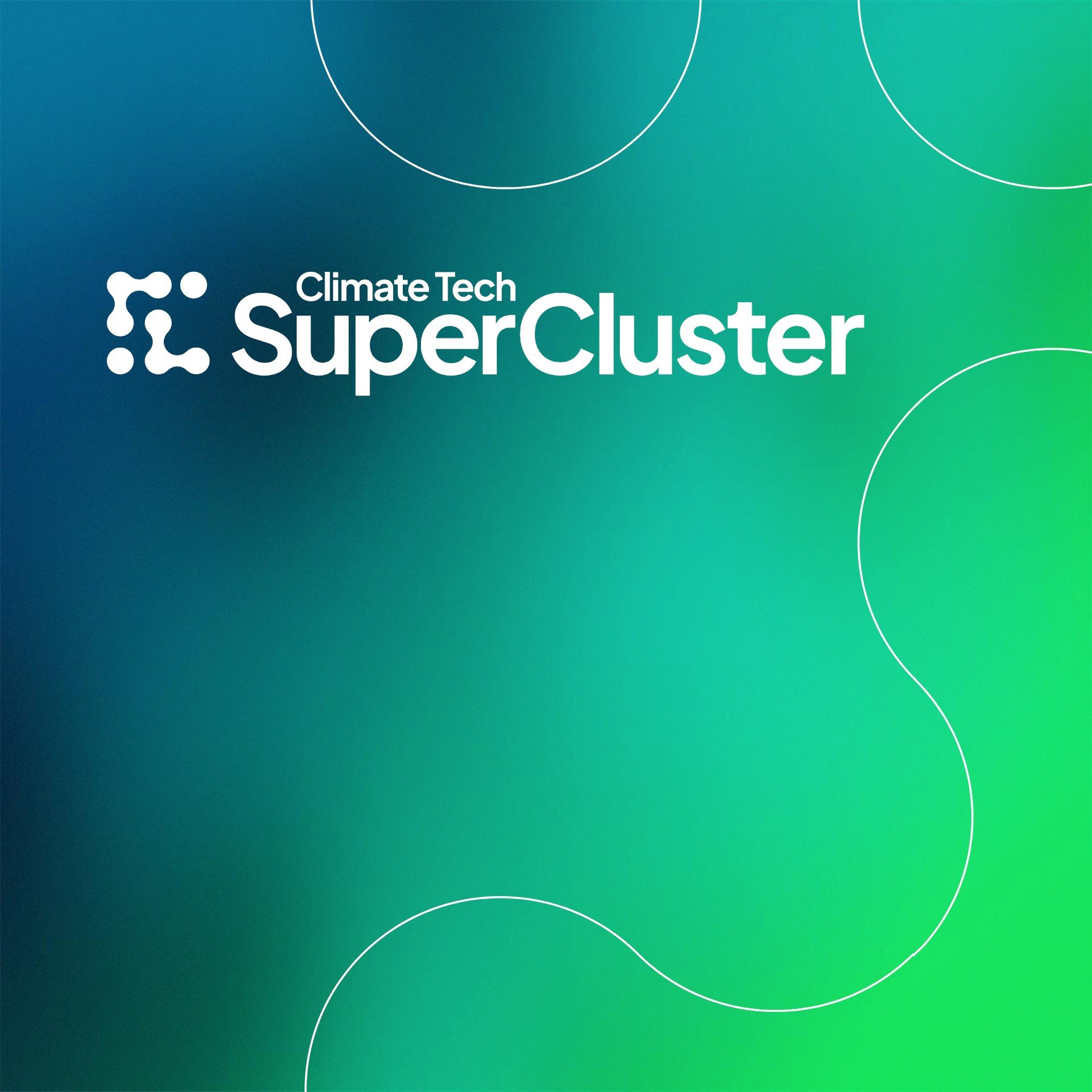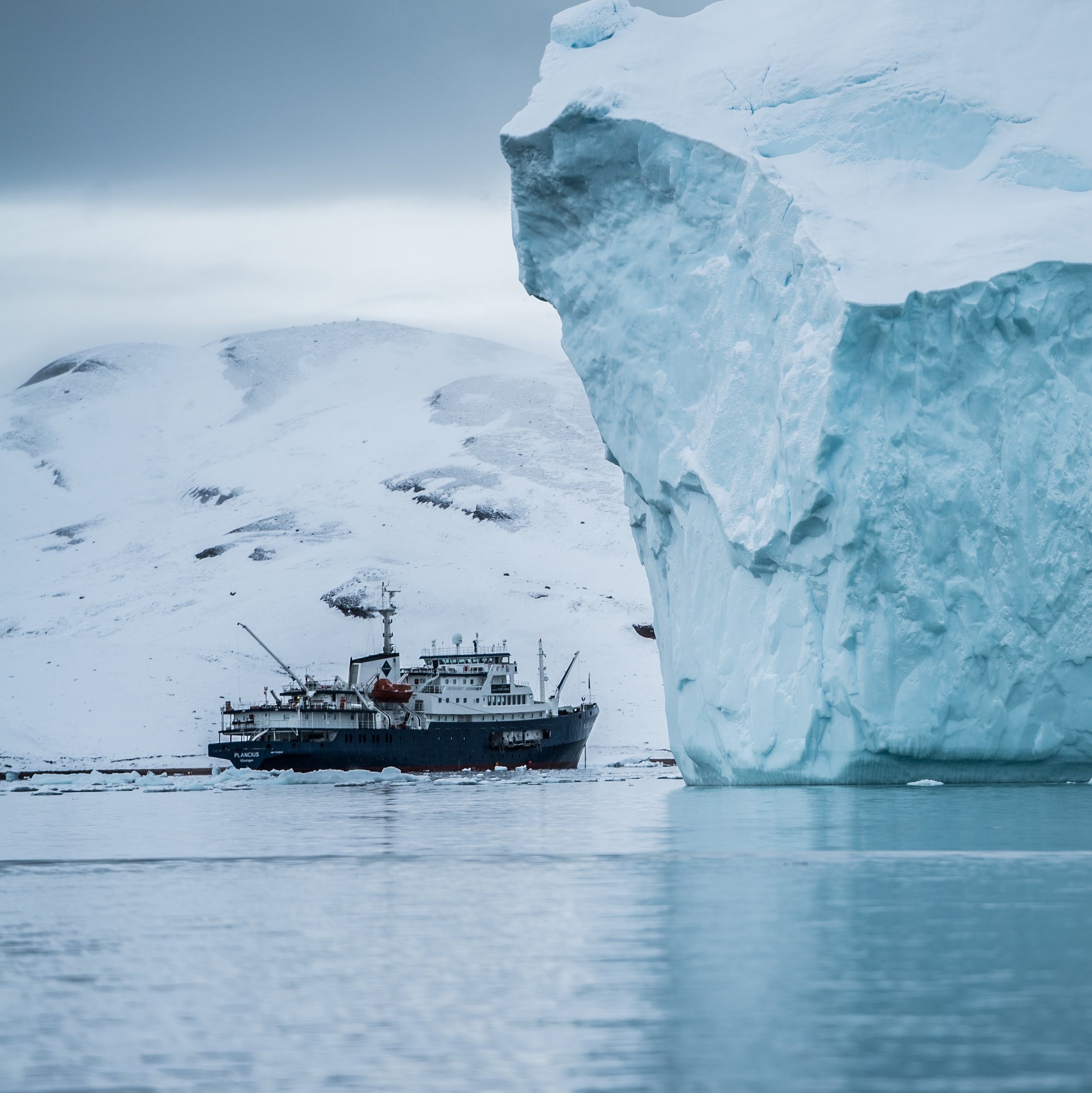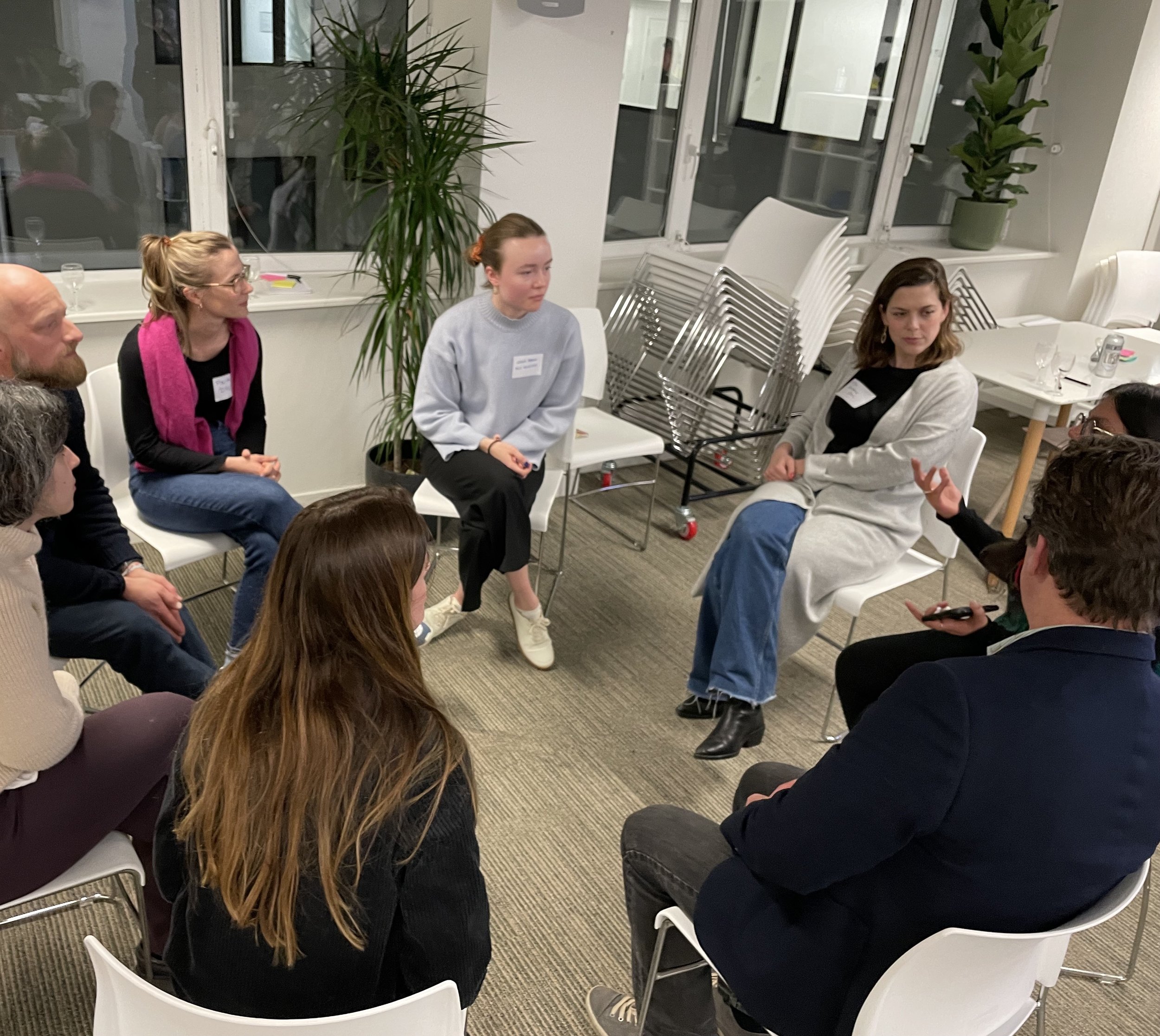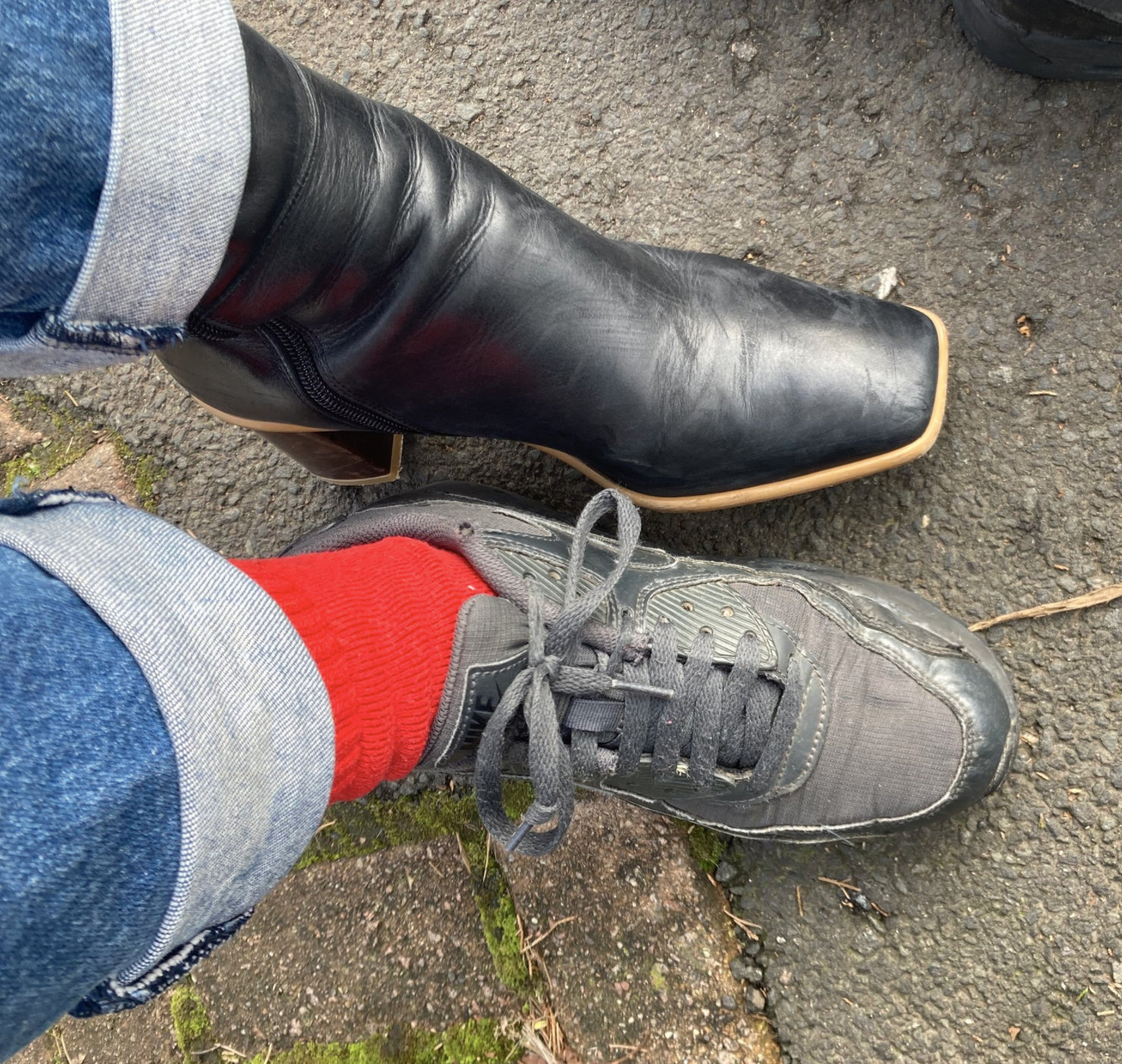
Accelerating Climate Innovation
An overview of a conversation between Hannah Scott (CEO of Oxfordshire Greentech) and Roland Harwood (CEO and Founder of Liminal) about the Climate Tech Supercluster.

Transforming Towns and Cities
An overview of a conversation between James Taplin (Lead Technologist for Urban Living at Innovate UK) and Roland Harwood (CEO and Founder of Liminal) about the Net Zero Living programme.

Net Zero Living
How might 52 very different places learn from each other and collaborate to transition to Net Zero?
This question underpins the biggest innovation challenge and opportunity of our time, and requires and rapid and radical rethinking of our physical spaces and places. And whilst nobody or no place has all of the answers, many share many very similar issues. So somebody, somewhere else is often grappling with or making progress in related areas that we can learn from or collaborate with.
Therefore the net-zero transition requires a fundamentally systemic approach where different places can share learning, partner up and experiment with different approaches that are better, faster and cheaper.

From Global to Local
How can local action contribute to global climate impact, and vice versa? As a longstanding sustainability advocate who also works for a UK local authority, this question was at the forefront of my mind as I packed my bags for the third time in as many years to participate in the 28th Conference of Parties, also known as COP28.

Getting to the Truth
Getting to the truth ensuring a plurality of perspectives. Business models matter more than regulation. Trusted communities are aristocracies not democracies.

The Climate Tech Supercluster
Within four hours of London is a huge ecosystem of climate tech talent, technology and investment that spans the UK, France, Belgium and the Netherlands. The race to decarbonise is on. Are you in?

Running Out of Time
What do we do when we're running out of time? We run faster!

Arctic Blockades
The year is 2031. Three new routes are now open across the Arctic each year every summer. And governments, NGO’s and native communities all have differing vested interests.
We can discuss and debate different solutions to these problems that this scenario presents, but we believe that “playing” with them can be helpful to generate new insights, new solutions, as well as being a lot more engaging.
This is why we developed and ran a new game called Arctic Blockades recently which is an abstract “wargame” representing the kind of clashes and news stories we might see in the early 2030s, as global warming makes arctic trade routes easier to traverse.
In this blog post we outline what we did, why we did it, what happened, and how this way of working could be applied elsewhere.

On The Edge
The On The Edge podcast is back, after a short break, with a new look and a new book! It’s all about navigating transitions, engineering serendipity and reframing uncertainty. Please check it out and listen to the first chapter on the podcast now.

Climate Circles
What shared challenges are facing the UK climate-tech ecosystem right now?
This question underpinned an event we hosted last week at Zinc that brought together a diverse group of climate connectors to explore how we might work better together to scale innovation and collaborate across sectors.
The event was timely given that the ecosystem is growing so quickly right now which is really exciting. But it can be hard to navigate and quite fragmented which is one reason for a high degree of duplication of effort.
In addition we know that many people and organizations are already operating at their maximum capacity. So how might we build our collective capacity to deliver on the challenge and opportunity of ensuring a habitable planet for all?
At the heart of the event were eight climate circle discussion groups around a range of different topics related to ecosystem gaps in three areas namely investment, knowledge and narrative.

UK Climate-Tech Ecosystem Mapping

A Habitable Planet for All
Our vision was simple: a habitable planet for all
The environmental movement had represented 70 years of abject failure.
Scientists, NGOs, citizens, politicians and investors had all failed to make material gains. Markets preferred cheap, unsustainable energy: and society preferred not to care.
But times were changing.
So back in 2022 we realized that climate change represented the biggest opportunity on the planet, as well as the greatest challenge we now faced. We knew we had to unleash the transformative forces of entrepreneurship and collaboration to give ourselves a chance.
We already had the tools and the vision: we just needed to apply them.

Climate Technology Ecosystem
We think that the current climate technology ecosystem is too fragmented. We are hosting an online forum and two meet-ups to share our research and inviting you to discuss some specific questions around three gaps that we have identified around narrative, knowledge and investment. Please do join or register now!.

Business for Good
We are excited to share that Liminal has officially become a certified B Corporation. We are proud to stand amongst a cohort of over 4000 companies that recognise the role and responsibility of business in being part of the solution to our greatest social and environmental challenges.

Balancing Act
Bringing together a diversity of people and information, can result in better ideas and outcomes than through a more homogenous community or via any single individual. Yet we know that fostering diversity is only valuable in so much that inclusive and equitable practices foster the space for diverse perspectives to be heard, valued and included.
The Liminal community was founded upon this concept of collective intelligence and so we have wanted our community to have a high degree of diversity on many different dimensions - not only because it is the right thing to do, but also because it is the best thing to do as well. This post outlines our process of reflecting on diversity, equity and inclusion within our community and includes some of our lessons learned.

Rebuilding Utopia
For every utopia, a dystopia. Web 1.0 promised to bypass media gatekeepers and let more direct forms of democracy flourish. Web 2.0 created vast new networks of socially-connected peers.
But revolutions get stolen. It happens: it happened.

On Purpose
We believe that businesses should be a positive force for good in the world, but most aren’t yet. Our work defines us (whether we like it or not). Nobody wants to work for a business that isn’t making the world a better place.

A Foot in Two Worlds
During the closing speech of an innovation forum in Glasgow led by a multinational corporate conglomerate at COP26, I sneaked a peek at my phone and saw a message ‘Quick, come and find us! People power!’.

Make or Break
Prime Ministers and Presidents, diplomats and delegates from across the planet arriving in Glasgow for COP26 - this year’s annual climate change shindig in November - will know that United Nations’ Secretary-General António Guterres called 2021 “a make or break year” for climate change.

Beyond Binary
Finding ways to ask better questions, and move beyond binary choices, is salient as we emerge into a new year of this liminal decade.
